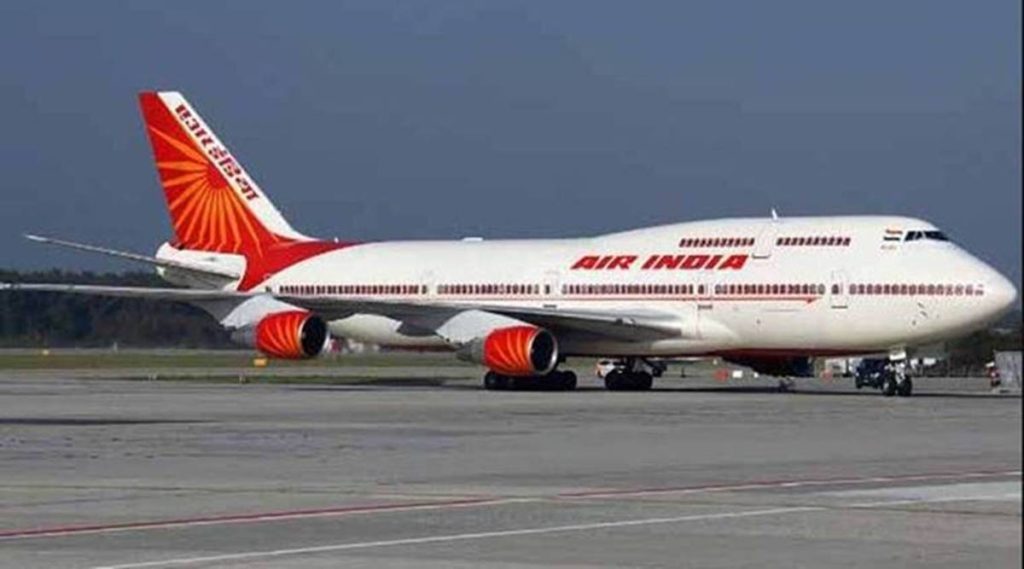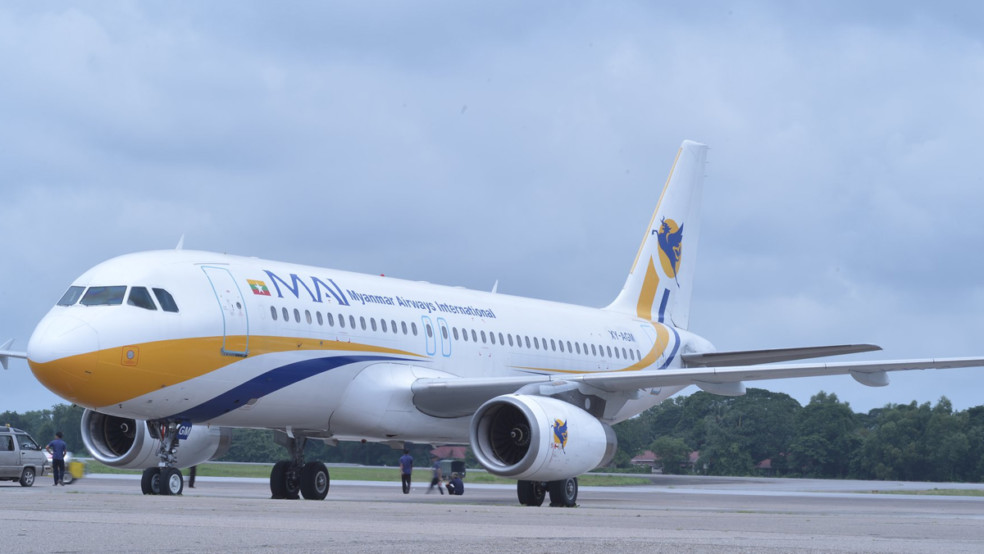Tension Mounts Over Air India’s Expansion Plans and Flying Rights
On Tuesday, the aviation industry felt the ripples of tension caused by plans to transform Air India into a global airline with the acquisition of hundreds of new jets. As foreign airlines clamor for increased access to the world’s fastest-growing economy, the Indian government faces mounting pressure to relax its near-freeze on capacity deployment to and from India, following the sale of the country’s flag carrier to the cash-rich Tata conglomerate. Analysts note that limits on the amount of flying allowed between India and several markets stem from the heavy losses incurred by Air India in the early part of the last decade.

However, with the overhaul of the airline, which includes a massive order for 470 planes – the largest in history, the debate on market access has been reignited. At a recent aviation conference held in New Delhi, Emirates, Jazeera Airways, and Turkish Airlines demanded significant increases in traffic rights to and from India to meet growing demand. Vietnam and Indonesia also expressed their desire for more flights, according to an Indian official. Turkish Airlines Chief Executive, Bilal Eksi, highlighted their need to secure a larger share of the Indian market, while Dubai requested an additional 50,000 seats per week on India routes.
During an exclusive interview with Reuters, Jyotiraditya Scindia, India’s civil aviation minister, stated that the government is not considering relaxing restrictions at this time. Instead, he encouraged Indian airlines to increase their orders of large jets to meet demand without requiring passengers to switch planes. Scindia also emphasized the importance of Indian carriers focusing more on the international market and mentioned that the process has already begun.
‘BIGGER SHARE’
Despite having a population of 1.3 billion, there are currently few long-range jets based in India, and most Indians rely on foreign carriers, often changing planes at Gulf hubs, for long-distance travel. Scindia urged Indian airlines to prioritize expanding their international services to address this gap.
Dubai’s status as a global aviation hub has been challenged by the revival of Air India and the launch of a new Saudi Arabian airline, both of which have ordered dozens of jets. Despite the increased competition, Emirates President Tim Clark has welcomed the new carriers and believes that there is enough demand for everyone to thrive without constraints.
However, analysts believe that the Indian government is unlikely to relax restrictions on traffic, as it seeks to regain traffic lost to foreign carriers as part of a wider economic development initiative. According to Kapil Kaul, head of the CAPA India consultancy, the government wants a large, high-quality carrier to emerge over time, and it appears to be a tactical decision to limit flights for now. Civil Aviation Secretary Rajiv Bansal has stated that India has granted more flights to Russia, but other analysts point out that India is not alone in using air traffic agreements to promote development. As India heads into an election year, it is unlikely that the government will take any risks with traffic rights until after the elections.
Also Read: Latest Indian Aviation News and Aviation News
Private & Non-scheduled Charter operators in India
Go through, the Mall of Aviation
For the best HELIPAD CONSULTANCY



